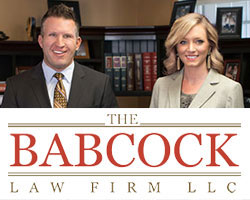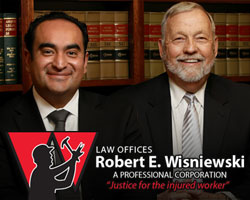Social media provides tremendous opportunities for lawyers and firms to increase their visibility, define their brand, improve their professional status and ultimately gain more clients. There are also more than a few pitfalls that come with reaching colleagues and the public through this venue.
Here’s some social media legal advice for attorneys to follow.
Be aware of ABA rules in your state.
Some state bars are considering social media profiles to be attorney advertising—and as such, subject to all the restrictions and professional obligations that come with that.
Please note this does not refer to paid advertising on social media outlets (though that certainly qualifies), but simply to the existence of a profile.
Make sure you know the guidelines in your state and submit your profile for appropriate oversight.
Be countercultural.
An attorney on social media often has to counter the mindset that exists on these platforms. The general marketing approach to social networks is to feed your followers more and more content, with regular commentary on any relevant topic that comes up.
But in the legal profession, you can’t go there without serious risk. You can’t comment on ongoing cases you may be involved in, even though your knowledge may be the core value proposition the public is interested in. You certainly don’t want to criticize a judge, even though that’s more likely to get the largest number of retweets or shares.
In short, everything most businesses do, you have to avoid. Embrace being counter-cultural and build your reputation among a smaller subset of the social audience that will genuinely read something you post.
Remember the basics.
The following are simple points, but as any lawyer will tell you big mistakes get made when you overlook the obvious:
- Make sure you have a public disclaimer on your profile stating that information given out on this platform is not to be taken as legal advice.
- If you delete any content, take a screenshot, so you have evidence on hand if it ever resurfaces.
- Don’t create fake profiles to friend people who may be involved in your cases in an effort to gain evidence. If you come across the evidence through your own legitimate profile, that’s great. But don’t sneak around.






